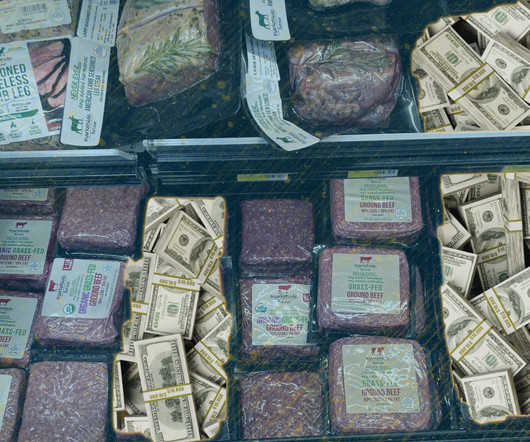20 Sustainable Sips to Cheer For
Food Tank
OCTOBER 11, 2023
According to a study published in the Journal of Cleaner Production and Beverages , the production of alcoholic beverages can contribute to greenhouse gas emissions, land degradation, and water depletion. Mijenta grows agave without pesticides or herbicides. These consumption trends matter to the environment. for a new beer initiative.










Let's personalize your content